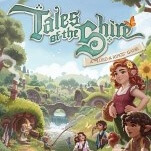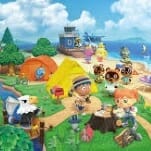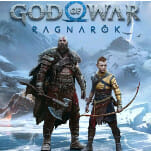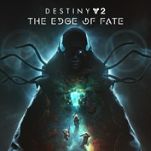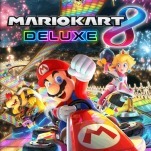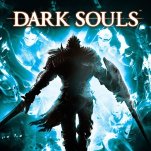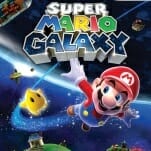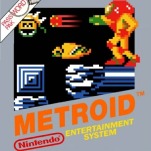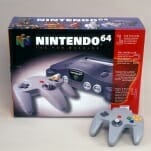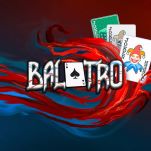The 10 Best Boardgames of 2016
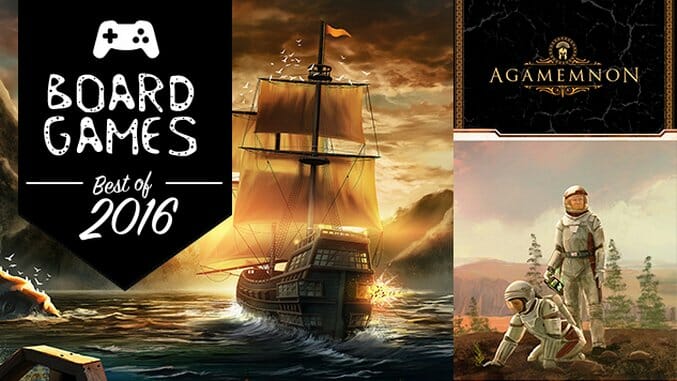
Between full plays and demos at GenCon, I tried over 50 new boardgames in the last twelve months, and it was hard to winnow the list to just ten. There were also many games I didn’t get to play at all or didn’t play enough to rank them here, including Kodama: The Tree Spirits, City of Spies: Estoril 1942, Bottom of the 9th, and Forged in Steel. I don’t consider reissues of older games, but many classics saw new editions in 2016, including Ra, Agricola, Citadels, and Medici.
I’ve tried to limit this to games released just in the last twelve months, so anything from about December 2015 forward, but release dates are a lot more nebulous in boardgames than in music or film. I did not include any games you couldn’t go out and purchase now—any of those, like the upcoming Tak: A Beautiful Game, will have to wait for the 2017 list.
Disclaimers aside, let’s get into it: here are the best boardgames of 2016.
10. Inis
Inis is a Celtic-themed game with some striking artwork where players build out the map of regions and compete to control areas, but doing so strictly via battles actually reduces your chances to win. It’s a moderately complex game with multiple paths to victory and cards that are passed around in a drafting mechanic that helps keep game play balanced for everyone. The game also comes with well-crafted miniature figures that don’t matter for the game itself but might float your currach.

9. SeaFall
On the heels of the runaway success of Pandemic Legacy, designer Rob Daviau introduced this new legacy-style title, the first that isn’t a spinoff of an existing game, that also tells a story over multiple game plays as players explore the board, discovering new islands and raiding opponents to gain points and advance the plot. As with other Legacy titles, the box comes with sealed envelopes that players open over the sequence of plays, altering the plot or adding new elements to the game play.
8. Xenon Profiteer
Released at the very end of 2015, this chemistry-themed title is a sharp deckbuilder where players must use their cards to try to isolate xenon cards after other gases—some less noble than others—and build out refining operations or other cards to add points. The twist here is that players are actively trying to trash non-xenon cards from their hands, taking one strategy used by Dominion players and building part of a new game around it.
7. Quadropolis
Another strong title from Days of Wonder, Quadropolis has players filling out their own city boards by collecting building tiles of different types, each with its own scoring mechanism. The catch is that the supply of each tile type is limited, and other players may be chasing the same ones you are. The artwork is bright and clean, and the game has two levels, classic and expert, with the latter expanding your city board and adding two more tile types for even more ways to score.
-

-

-

-

-

-

-

-

-

-

-

-

-

-

-

-

-

-

-

-

-

-

-

-

-

-

-

-

-

-

-

-

-

-

-

-

-

-

-

-










